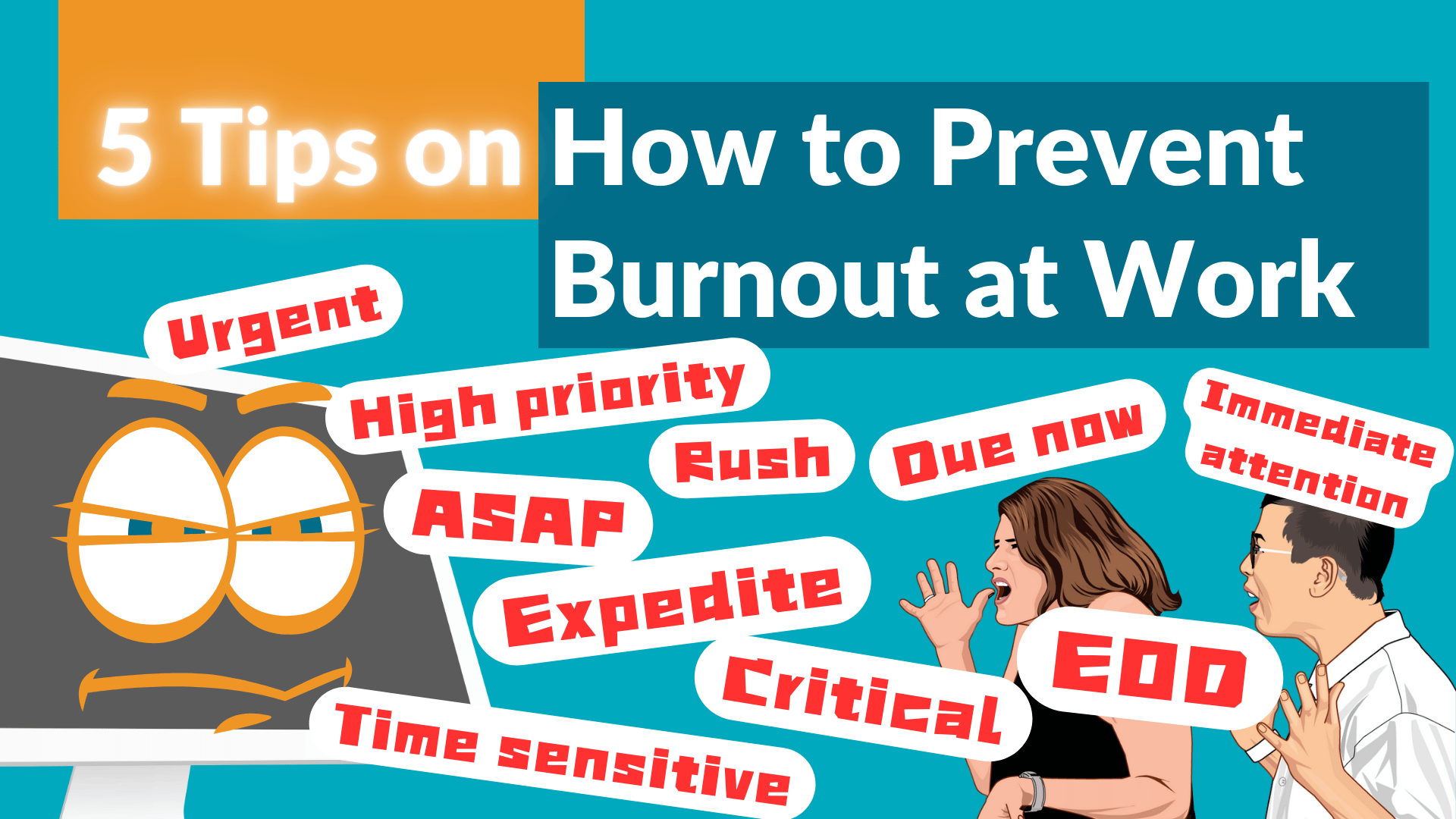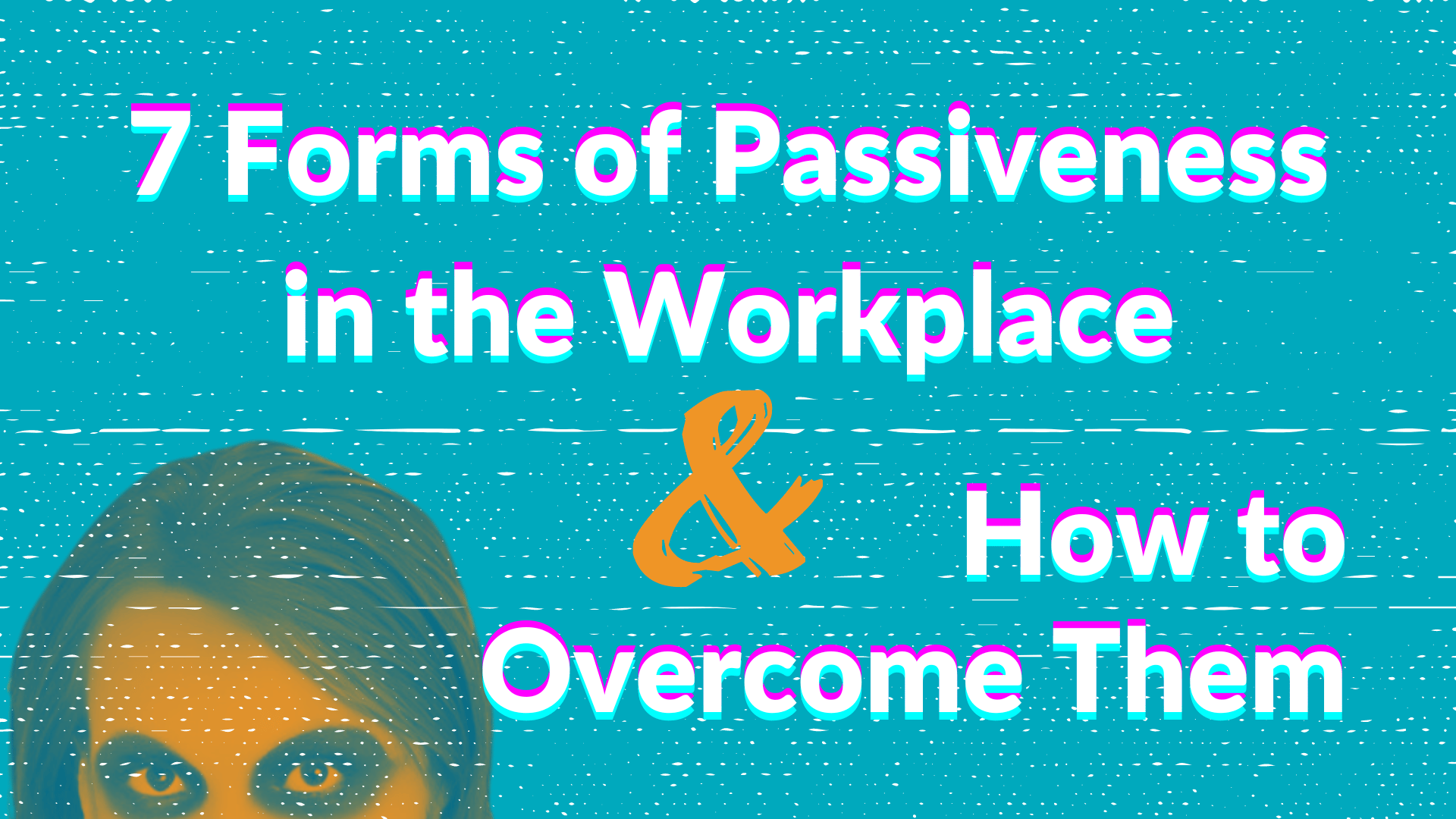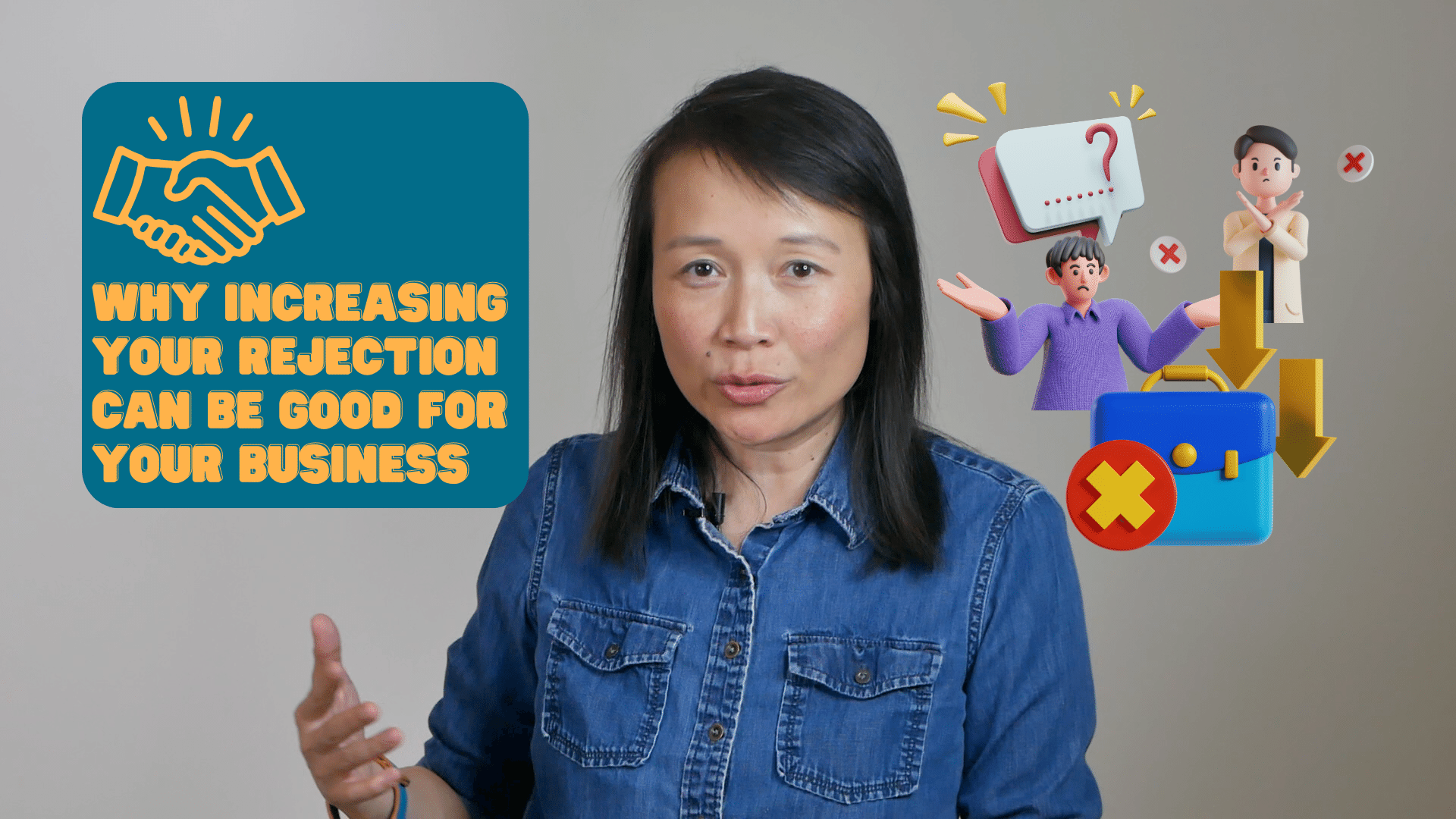We often discuss other people’s passivity or passive-aggressive behavior, but we hesitate to acknowledge that we ourselves may exhibit passiveness or conflict avoidance. This is a broad category, so to better understand what we mean by “passive,” I have analyzed various actions and behaviors and categorized them into these seven forms of passiveness:
1. Non-response:
When you receive an invitation via email, text, or social media and choose not to respond at all if you can’t accept. Example: Chris emails me an invitation to their social function, but I never respond. This is a form of “non-response.”
2. Non-acknowledgment:
When someone makes a comment that goes unacknowledged, usually because it expresses an unpopular view and people want to avoid conflict. Example: Chris says, “I don’t think that (issue) is so bad,” after others have complained about it. Instead of addressing Chris, people pretend they didn’t hear and change the subject.
3. Not saying what you want to say:
When you have something to say but choose not to express it to avoid seeming aggressive. Example: Chris is playing loud music in an open space, and I’m annoyed, but I don’t say anything.
4. Deflection (the “yes-no”):
This occurs in situations similar to “non-response”, but the invitation is given in person, necessitating an immediate response. To avoid disappointing the other person or creating conflict or awkwardness, the recipient deflects the inquiry by not giving a direct answer. Example: Chris asks, “Do you want to get coffee sometime?” and I respond, “There are some great coffee shops in Seattle.” I neither say “no” nor “yes.”
5. Saying “yes” when you mean “no”:
When you decide to say “yes” even though you don’t mean it, just to avoid hurting the inquirer’s feelings. If the invitation was genuine, this can give false hope and lead to stringing the person along. Example: Chris suggests, “We should get coffee sometime,” and I respond, “Yes, let’s get coffee,” even though I have no intention of making time for it.
6. Talking behind someone’s back:
When you have negative feedback for someone but choose not to share it directly with them. Instead, you share it with others, often justifying it as “venting.” You may even feel like you’re being direct because you have voiced your feedback, even though you haven’t communicated it to the person concerned. Example: Chris does something that annoys me, but instead of addressing it directly with Chris, I decide to discuss it with our mutual acquaintances.
7. Ghosting:
When you commit to participating in something with a group of people but later decide you no longer want to be involved. Instead of informing the group, you choose not to respond to their communication or show up, essentially “disappearing” or “ghosting” them. Example: I was volunteering with Chris on a project, but they do something I disagree with. Instead of discussing it with Chris, I choose to “ghost” them.
I hope that by examining these examples, you will realize that we are all guilty of some form of passivity. If this post has been helpful, please share it with a friend or post it on social media.
If you are curious about your own passive nature and wondering if it is causing problems in your life, check out this blog post. You can also read my original article on the forms of passiveness here.








Leave a Reply